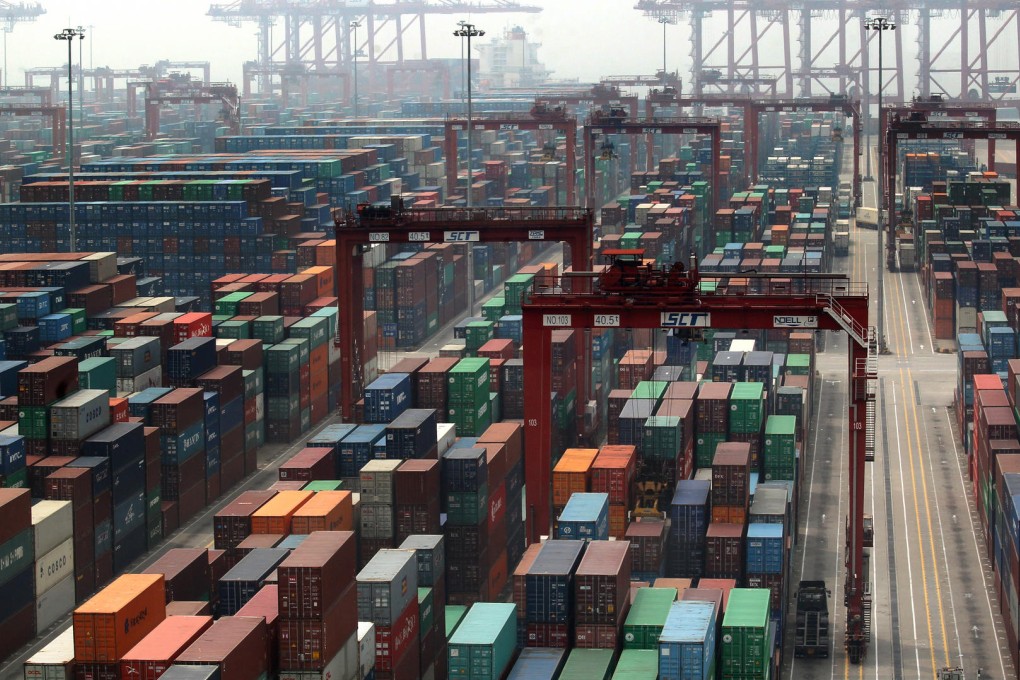
Concerns are mounting over the future of Tianjin's burgeoning free-trade zone in the aftermath of the explosions.
The accident had exposed the uneven nature of the port's development and served as a wake-up call for the authorities, said Professor Li Weiguang at the Tianjin University of Finance and Economics.
"It's an accident waiting to happen," Li told the South China Morning Post. "A GDP fetish has made Tianjin overly reliant on petrochemical industries, resulting in a distorted economic structure. Not enough efforts were put into disaster prevention and contingencies even as heavy industries piled in.
"The Binhai New Area, along with the free-trade zone, by definition, should have been built on innovative and high-technology industries."
With 9.4 per cent growth in the first half, Tianjin was the third-fastest growing region on the mainland. A third of its economic output came from the petrochemical sector.
Launched in April, the free-trade zone originated from a bonded trade zone in Dongjiang, one of the harbours in the Xingang port area. One of its commonly extolled advantages is policy flexibility granted to finance leasing companies, which have mushroomed on the mainland, aiming at filling a gap left by traditional bank financing.
"Compared to those in Shanghai, Shenzhen and Guangzhou, the free-trade zone authorities in Tianjin have been more attentive to business needs, willing to go the extra mile to do what we need, such as issues related to value-added tax refunds of exports of finance-leased assets, aircraft, ships and machinery," said an executive heading a financial leasing firm who declined to be named.